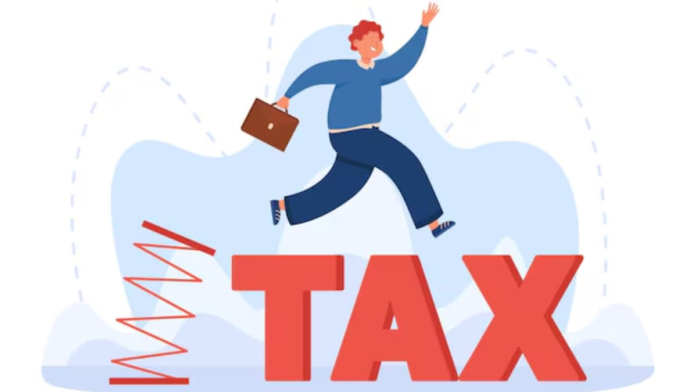The Union Budget 2025 has brought major relief for crores of taxpayers in India. The government has announced that non-salaried individuals earning up to Rs 12 lakh and salaried individuals earning up to Rs 12.75 lakh annually will be completely exempt from income tax. Additionally, tax experts have revealed that by utilizing deductions, allowances, and rebates, individuals can bring their tax liability to zero even on an annual income of Rs 14,77,500.
ALSO READSIP Investing: S Naren has lit a fire. Here’s what industry insiders are saying
The new tax regime has introduced key changes in tax slabs. The 20 percent tax slab will now begin from Rs 16 lakh instead of Rs 12 lakh, while a new 25 percent tax slab has been introduced. The 30 percent tax slab, which earlier started at Rs 15 lakh, will now begin from Rs 24 lakh, significantly benefiting taxpayers in the middle-income segment.
Tax experts suggest that individuals can achieve zero tax liability on an income of Rs 14.77 lakh through strategic planning. One of the primary methods is contributing Rs 1,78,500 to the National Pension System (NPS) under Section 80CCD(2), which qualifies for full tax exemption. Additionally, incorporating certain reimbursements into the salary structure can further reduce taxable income. For instance, a travel allowance of Rs 12,000 for office commute and a mobile phone reimbursement of Rs 12,000 can be claimed as tax-free benefits. Moreover, the standard deduction of Rs 75,000 further lowers taxable income.
After applying these deductions and allowances, the taxable income comes down to Rs 12 lakh, which attracts a tax liability of Rs 60,000. However, under Section 87A, taxpayers earning up to Rs 12 lakh are eligible for a rebate of Rs 60,000, effectively bringing the final tax liability to zero.
ALSO READRadhika Gupta defends mid-cap, small-cap SIPs with fresh data on returns
With these changes in the new tax regime, individuals earning up to Rs 14.77 lakh annually can now legally pay zero tax by leveraging deductions and rebates. This move is expected to provide significant relief to the middle class and encourage more savings and investments through tax-efficient schemes like NPS.
» Read More


